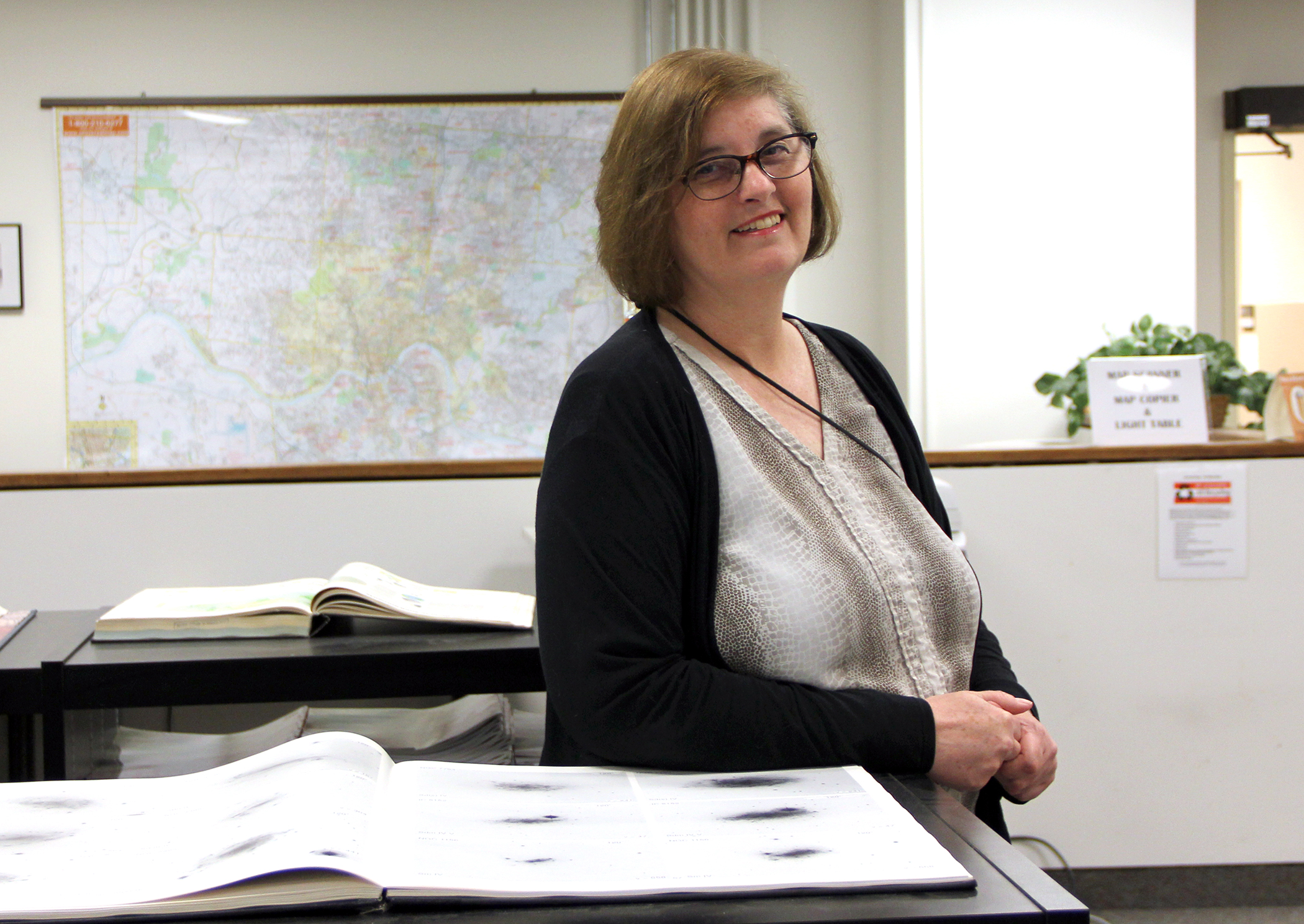
Amy Koshoffer, science informationist in the Geology-Mathematics-Physics Library, was named to the 2019 cohort of TRELIS Fellows. Amy will join colleagues from around the country in Washington, D.C. at a workshop designed for professional development for women educators in geospatial sciences.
Below is the press release issued by TRELIS naming Amy to the cohort. Congratulations!
_____________________________
In June 2019, the TRELIS project, Training and Retaining Leaders in STEM-Geospatial Sciences, will hold its second workshop in Washington, D.C. TRELIS is a unique model for professional development for women educators in the geospatial sciences. The program builds leadership capacity and skills to address career development, communication, conflict resolution, and work-life integration. With the name, we instill the concept of a human capital trellis or scaffold of support, and embrace the reality of nonlinear career trajectories that move sideways, take leaps, and do not follow a single upward ladder. There is significant demand for TRELIS-related knowledge and support in the geospatial sciences, reflected in part by the large pool of applicants to TRELIS events each year.
We are pleased to announce the following members of our 2019 cohort. These TRELIS Fellows will participate in a 3-day workshop that has been designed to target topics and concerns of early-career individuals and focus on envisioning and crafting leadership pathways. Immediately following the workshop, the TRELIS Fellows will continue their professional development exchanges during the UCGIS Symposium.
- Clio Andris, Pennsylvania State University
- Sara Carr, Northeastern University
- Li (Kerry) Fang, Florida State University
- Kelly Gleason, Portland State University
- Melinda Kernik, University of Minnesota
- Marynia Kolak, University of Chicago
- Amy Koshoffer, University of Cincinnati
- Huyen Le, Virginia Tech University
- Samiah Moustafa, Brown University
- Stephanie Rogers, Auburn University
- Vanessa Rojas, State University of New York – ESF
- Donna Selch, Stony Brook University
- Di Shi, University of Kansas
- Monica Stephens, University at Buffalo
- Caixia Wang, University of Alaska at Anchorage
- Jennifer Watts, Woods Hole Research Center
TRELIS is managed by a leadership team from the University of Maine, Hunter College, the University of Colorado, the University of Southern California, Arizona State University, Tableau Software, and the University Consortium for Geographic Information Science (UCGIS). It is supported with generous funding from the National Science Foundation (NSF Grant #1660400). For more information, contact Kate Beard, TRELIS PI, at the University of Maine or look for resources at www.ucgis.org/TRELIS.

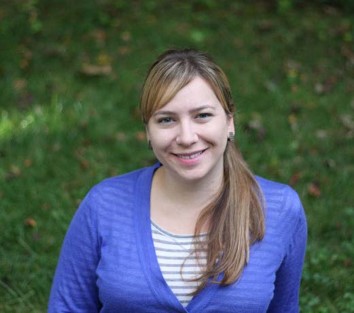

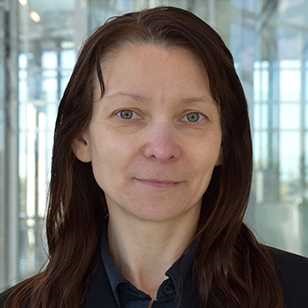
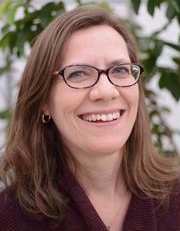


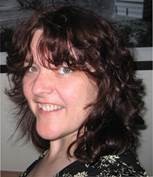


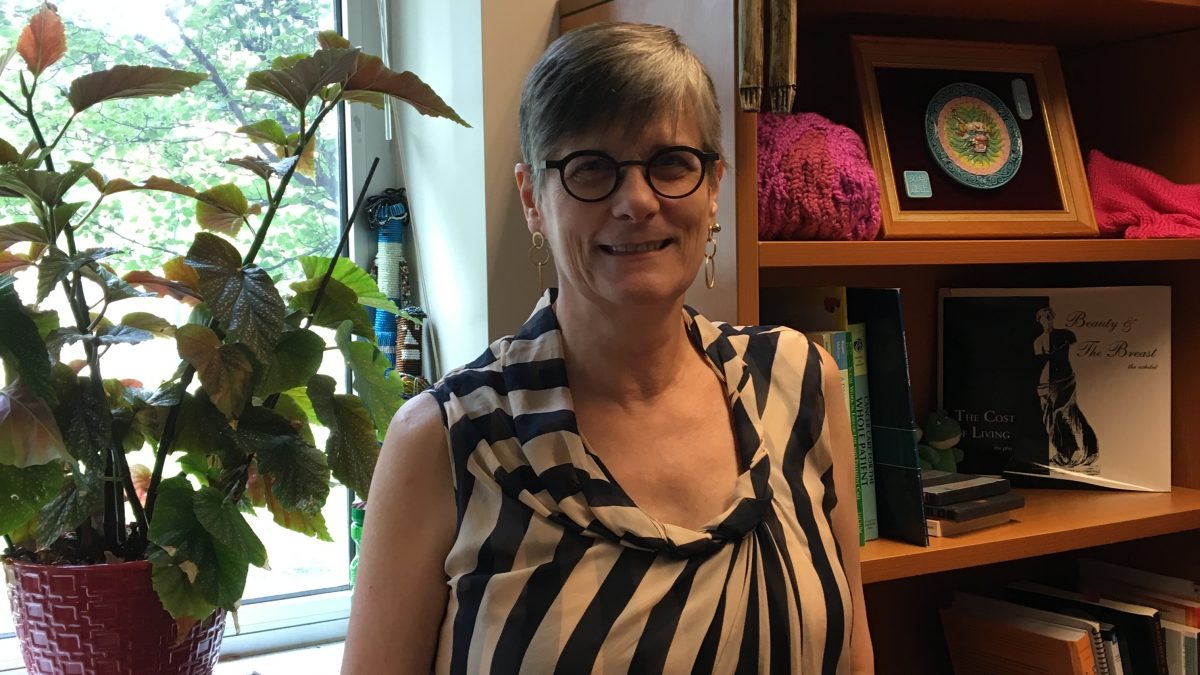
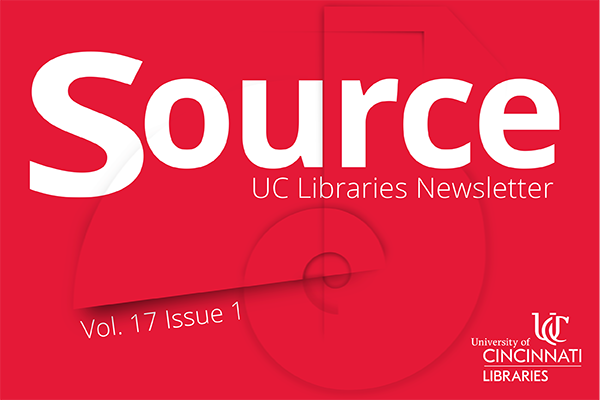 Read Source, the online newsletter, to learn more about the news, events, people and happenings in UC Libraries.
Read Source, the online newsletter, to learn more about the news, events, people and happenings in UC Libraries.